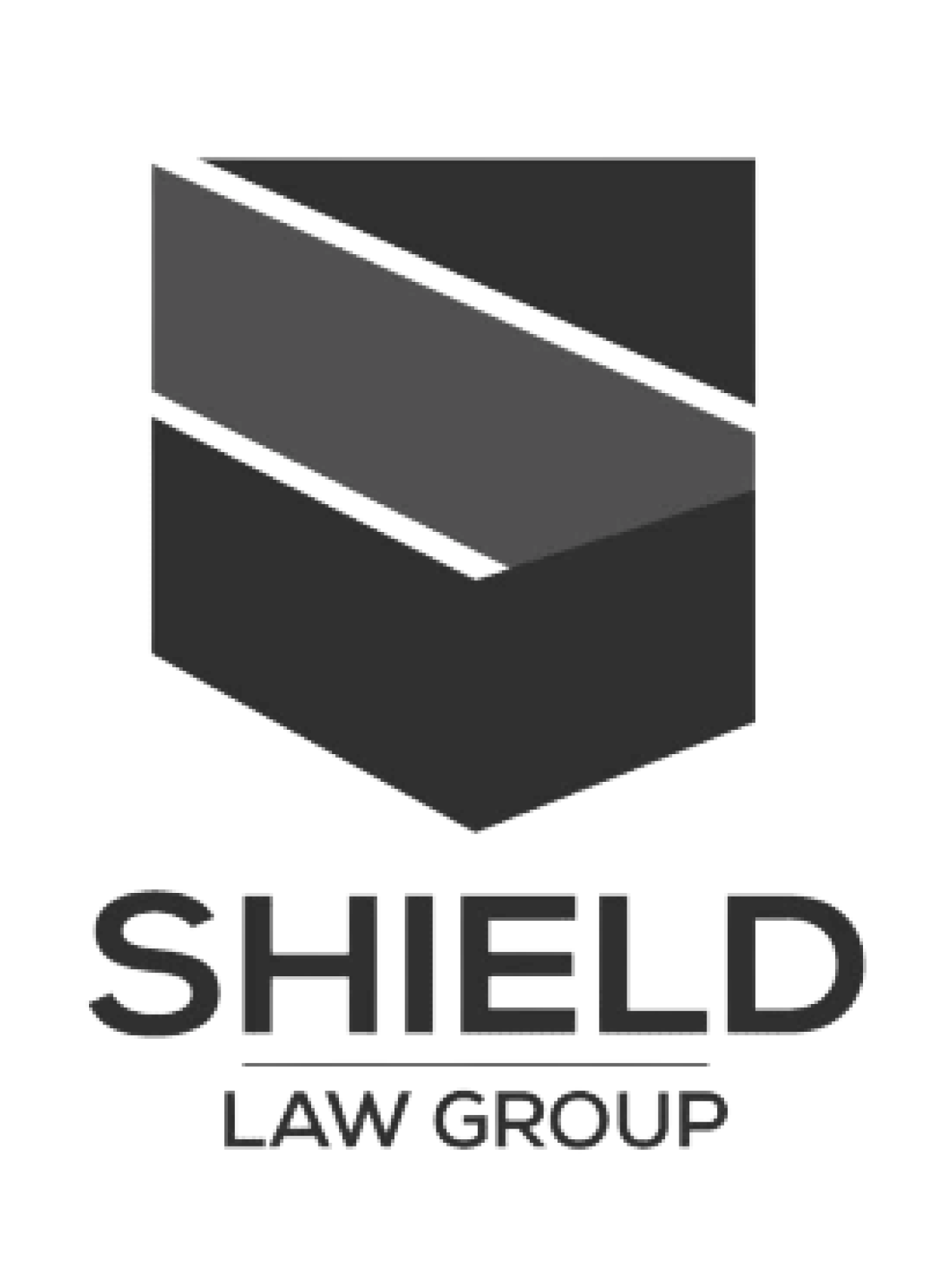Chapter 13 Bankruptcy
A Chapter 13 bankruptcy is designed for people who make too much money, have assets that would be sold and liquidated in a Chapter 7 bankruptcy, or have debts that they can’t wipe out with a Chapter 7 bankruptcy.
For example, if your lender is trying to foreclose on your home because of your late payments, the Chapter 13 can stop it and let you repay the amount you’re behind.
In addition, reorganization (another word for this bankruptcy) involves a three or five-year payment plan to pay a percentage of your debts based on what you can afford. None of your property will be taken away, and no interest or penalties will be added to your monthly payments.
Benefits of Chapter 13
If you make your Chapter 13 payments on time for three to five years, you come out of bankruptcy as follows:
You will not owe any taxes to the IRS or the State
Your car will be completely paid off
Your mortgage will be current with no threat of foreclosure
You will not owe anything to any of your unsecured creditors
You will not owe any attorney’s fees
You can set a monthly payment plan that is affordable for you, as long as the court approves it
Frequently Asked Questions
Chapter 13 Bankruptcy
What is Chapter 13 bankruptcy and how does it work?
Chapter 13 bankruptcy, also known as a wage earner's plan, allows individuals with a regular income to develop a plan to repay all or part of their debts. Under this plan, debtors propose a repayment plan to make installments to creditors over three to five years. The plan enables individuals to keep their property and catch up on missed mortgage or car payments while providing protection from creditors.
How do I know if Chapter 13 bankruptcy is right for me?
Chapter 13 bankruptcy might be right for you if you have a regular income and are facing temporary financial difficulties, but want to keep your property. It's especially beneficial if you need to catch up on mortgage payments or restructure your debts. Our experienced attorneys at Shield Law Group can evaluate your situation and help determine the best course of action based on your financial circumstances and goals.
What debts are discharged at the end of a Chapter 13 plan?
At the end of a successful Chapter 13 repayment plan, most unsecured debts that were part of the plan are discharged. This includes debts like credit card balances, medical bills, and personal loans. However, some debts cannot be discharged, such as student loans, alimony, child support, and certain taxes. Our team at Shield Law Group can provide detailed information on which of your debts can be discharged and help you understand your financial future after bankruptcy.

